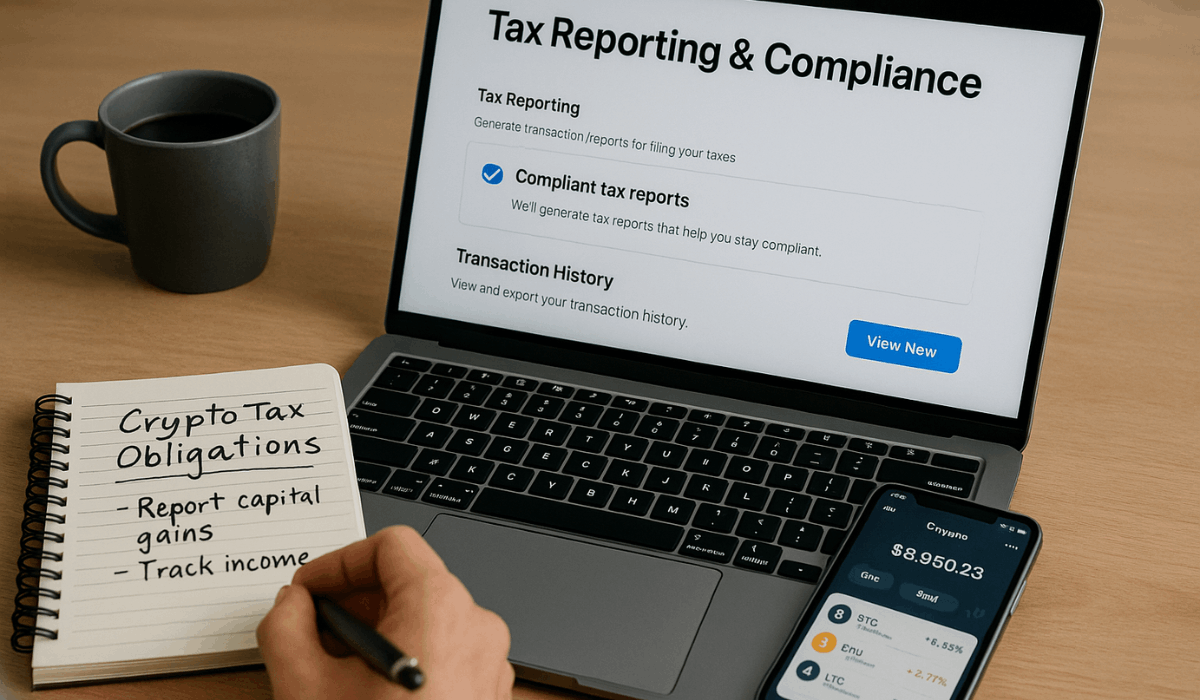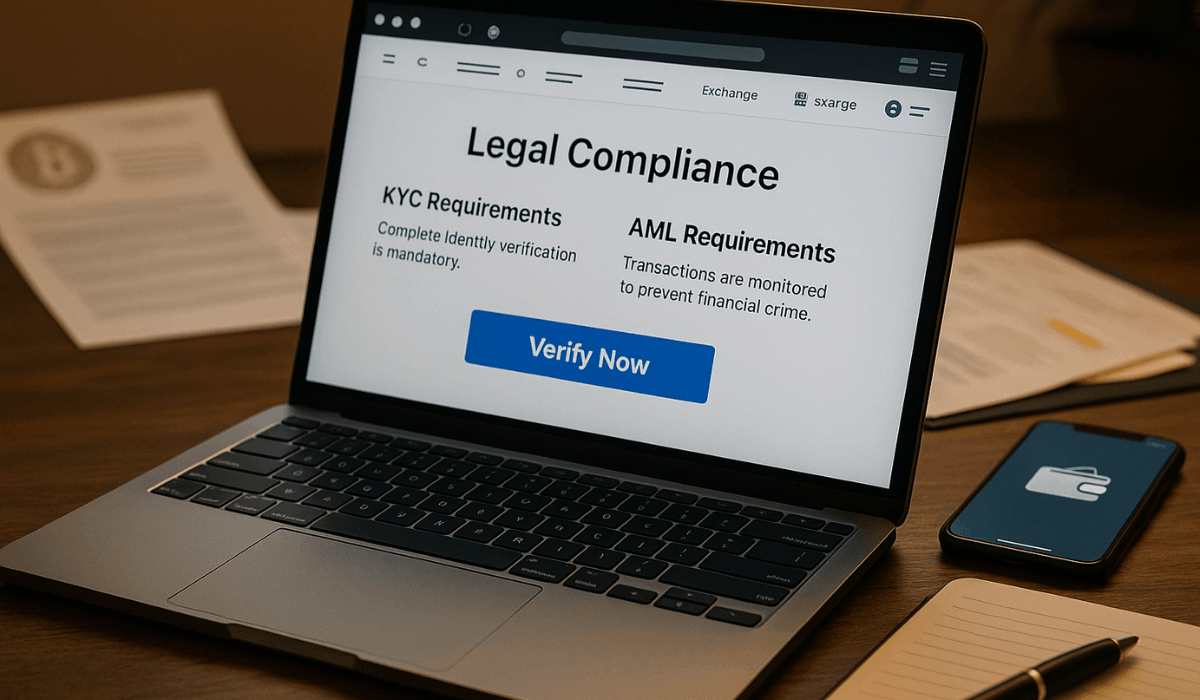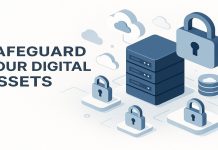In 2025, crypto regulations have become stricter and more standardized across major countries.
As an investor, it is essential to understand these changes to mitigate legal and financial risks.
This guide outlines the key rules you need to know to stay compliant and protect your assets.
Global Trends in 2025 Crypto Regulation
Crypto regulation is becoming more aligned across borders. Governments are working together to close gaps and protect investors.
These trends illustrate the evolution of global crypto laws in 2025.
- Cross-Border Coordination: Countries are now cooperating to track cryptocurrency transactions and enforce tax rules.
- Unified Tax Frameworks: Many nations adhere to global standards for cryptocurrency income and capital gains.
- Stablecoin Regulation Agreements: Shared rules require stablecoin issuers to back tokens with reserves and register with regulators.
- Focus on Exchange Licensing: Only licensed exchanges can operate legally in several regions.
- Data Sharing Among Regulators: Tax agencies and financial watchdogs now share user data on a global scale.
- Push for AML Compliance: Authorities demand strict anti-money laundering checks on all crypto services.
- International Action Against Illicit Use: Joint operations target scams, laundering, and fraud in crypto markets.

Core Regulatory Areas to Understand
In 2025, crypto regulations will focus on key areas that directly affect how you invest, trade, and report your assets.
Understanding these core areas helps you stay safe, legal, and informed.
- KYC (Know Your Customer): Most platforms require complete ID verification before trading.
- AML (Anti-Money Laundering): Crypto services must track and report suspicious transactions to prevent money laundering.
- Tax Reporting: Exchanges automatically send trade data to tax authorities in many countries.
- Stablecoin Oversight: Issuers must maintain audited reserves and adhere to financial regulations.
- NFT Classification: Some NFTs are now considered securities and are subject to legal compliance requirements.
- DeFi Regulation: Decentralized platforms face new legal scrutiny and potential registration requirements.
- Wallet Identification: Non-custodial wallets may be subject to identity verification requirements in certain jurisdictions.
- Token Classification: Tokens are categorized as utility, payment, or security based on their intended use and structure.
DeFi and DEX Compliance Measures
Decentralized finance (DeFi) and decentralized exchanges (DEXs) are no longer exempt from regulation.
In 2025, these platforms face growing legal pressure to ensure transparency and user safety.
- Developer Liability: Authorities may hold DeFi developers responsible for platform misuse.
- DAO Regulations: Decentralized Autonomous Organizations must register or disclose governance.
- KYC on DEXs: Some DEX platforms now require wallet verification or limited access by region.
- Transaction Monitoring: DeFi protocols must detect and report suspicious on-chain activity.
- Token Listing Rules: DEXs are expected to follow the rules when listing certain token types.
- Smart Contract Audits: Some jurisdictions require third-party audits before launching public DeFi apps.
Regional Regulation Highlights
Crypto laws differ across major regions, but most are tightening rules to improve oversight.
Here’s how key areas are regulating crypto in 2025:
United States:
- SEC classifies many tokens as securities.
- IRS requires complete crypto tax reporting.
- Stablecoin issuers are required to register and maintain reserves.
- Exchanges need federal and state licenses.
European Union:
- MiCA framework standardizes crypto laws across all EU states.
- Privacy coins, such as Monero, are banned or heavily restricted.
- Exchanges must comply with AML and consumer protection regulations.
- Audited reserves must back stablecoins.
Japan:
- Exchanges must register with the Financial Services Agency (FSA).
- Custodians need licenses to manage customer assets.
- Stablecoins are regulated as electronic money.
- Strong focus on fraud prevention and education.
South Korea:
- Real-name bank accounts are mandatory for trading.
- Crypto platforms must work with local banks.
- DeFi apps are subject to legal oversight and registration.
- Crypto income is taxed under clear annual rules.
Singapore:
- All crypto firms need licensing under the Payment Services Act.
- The Monetary Authority of Singapore (MAS) oversees operations.
- Firms must protect customer funds and system security.
- Security tokens follow capital markets regulations.
AI and Crypto Integration Rules
In 2025, the use of AI in the cryptocurrency sector has skyrocketed, prompting the introduction of new regulatory measures.
Governments are setting clear rules to prevent abuse and ensure accountability in automated systems.
AI Trading Bot Regulations:
- Platforms must disclose if AI executes trades.
- Bots must adhere to fair trading practices to prevent manipulation.
- Unauthorized trading algorithms are banned in some regions.
- Licenses may be required to deploy AI-based tools.
Data Privacy in AI-Crypto Apps:
- AI apps must protect user data in accordance with updated privacy laws.
- The usage of blockchain data by AI models is now regulated.
- Consent is required when processing personal financial information.
- Violations can lead to fines or app bans.
Anti-Manipulation Safeguards:
- AI systems must not be used to manipulate crypto markets.
- Exchanges monitor for coordinated bot activity.
- Suspicious trading patterns are flagged in real time.
- Developers may face penalties for non-compliant AI tools.
Audit and Transparency Requirements:
- AI-driven platforms must log their decisions for auditing purposes.
- Regulators may request detailed information about algorithms during investigations.
- Users must be informed if AI is making investment decisions.
- Open-source or explainable models are encouraged.

Key Risks and Mistakes to Avoid
Even with more explicit rules in 2025, many crypto investors still face avoidable risks.
Knowing what to avoid can save you from legal trouble or financial loss.
Ignoring Tax Obligations:
- Failing to report trades or earnings can trigger audits.
- Many countries now get data directly from exchanges.
- Late filings may result in fines or account freezes.
- Always track your transactions and file on time.
Using Unlicensed Platforms:
- Unregulated exchanges may get shut down suddenly.
- Funds on unlicensed platforms aren’t always recoverable.
- You could be penalized for using non-compliant services.
- Stick to platforms with official approval.
Holding Banned Assets:
- Coins like Monero may be restricted in your country.
- Holding or trading banned tokens could be illegal.
- Always check current lists of restricted assets.
- Delisting can affect your ability to cash out.
Neglecting KYC and AML Checks:
- Skipping identity steps may block your withdrawals.
- Some wallets and DEXs now enforce these checks.
- Governments monitor anonymous transactions closely.
- Stay verified to avoid limitations.
Misclassifying Tokens:
- Treating a security token as a utility token can be a risky approach.
- Missteps here can lead to regulatory issues.
- Review how your tokens are classified in your country.
- Platforms may delist misclassified assets without warning.
How to Stay Compliant in 2025
Staying compliant helps you avoid legal issues and keeps your crypto safe. Follow these seven steps to meet current regulations.
- Use Regulated Exchanges and Wallets: Only trade on platforms that are licensed in your country of residence.
- Complete All KYC Requirements: Verify your identity fully when registering on any service.
- Report Crypto Taxes Accurately: Track and declare all gains, losses, and income.
- Avoid Banned Tokens: Don’t trade or hold privacy coins or restricted assets.
- Keep Detailed Transaction Records: Save logs, receipts, and wallet history for audits.
- Stay Updated on Local Laws: Watch for rule changes from your country’s regulators.
- Avoid Unlicensed DeFi Platforms: Use decentralized apps that comply with regional rules.
The Bottomline
Crypto regulations in 2025 are stricter, but they also offer more precise guidance for investors like you.
Staying informed and adhering to the rules is crucial for protecting your assets and avoiding penalties.
Take action now—review your platforms, update your records, and make sure you’re fully compliant.










